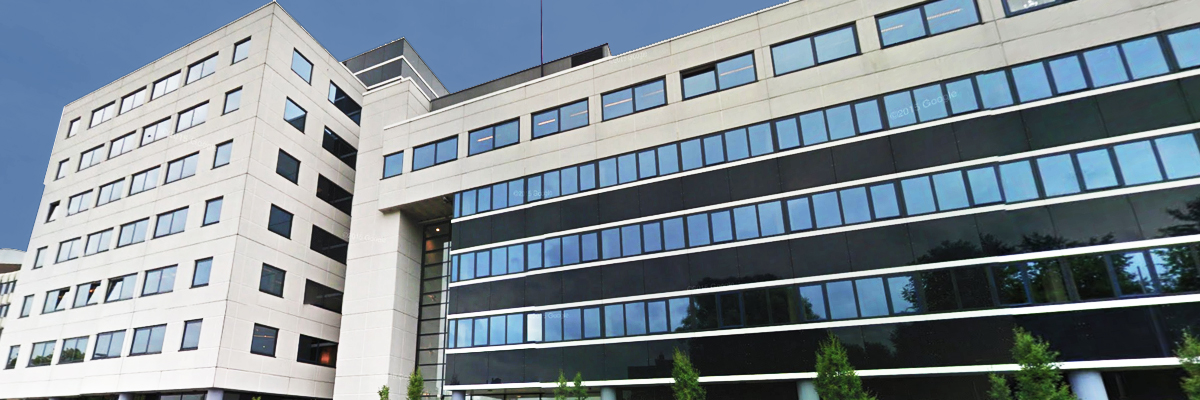


Who
I am Alain Verbeek (1962) and have been a partner with AVOP since 2006. After growing up in Gent (Belgium) I returned to my Dutch native soil in order to study psychology. I studied neuro- occupational- and organisational psychology in Tilburg.
In my work and life, I’ve grown from grasping to truly understanding, I have learned how to integrate ratio and emotion, I appreciate logic, but I recognize the illusion of manufacturability and I value mildness and fellowship.
Within AVOP, I really enjoy shifting between various disciplines; (executive) assessments, organisational development and (group) coaching. The main theme in my work is change management at an individual-, group- and organisational level.
Coaching questions
“I take on too much responsibility”, or “I am caught off guard too quickly” are concrete questions that have recently been presented as coaching questions. In more general terms, this revolves around the person’s desire to be less at the mercy of the subject matter. Another recent question from a coachee: “ I wonder if I still want to be in charge”. After exploring together, what remained was the resistance of a particular employee and, mainly, of the group, that invoked doubts about personal leadership. I am also being requested to work with career questions, with the underlying question “I don’t know what I truly want”.
Work method
Coaching is giving an impulse to self-reflection and -insight, to the extent that awareness increases and leads to the conscious choice for different behaviour and, as such, looking upon oneself and the engrained old patterns with mildness.
As a coach, I want to move on the cutting edge of personal effectiveness and the role (as a manager or professional) within the organisation.
In coaching, I see a mirror between what happens with us in the present moment of the conversation and the situation (the there and then) at work. The ‘dynamic’ at work often also occurs during our conversation. In approaching the client, I do not take over any responsibility, I do not make final decisions and I pay heed to not becoming entangled in the ‘dynamic’.
After increasing insight into the self, the transition to work follows, through discussing cases. We also look for possibilities to support the insights (at work, within the team and at home).